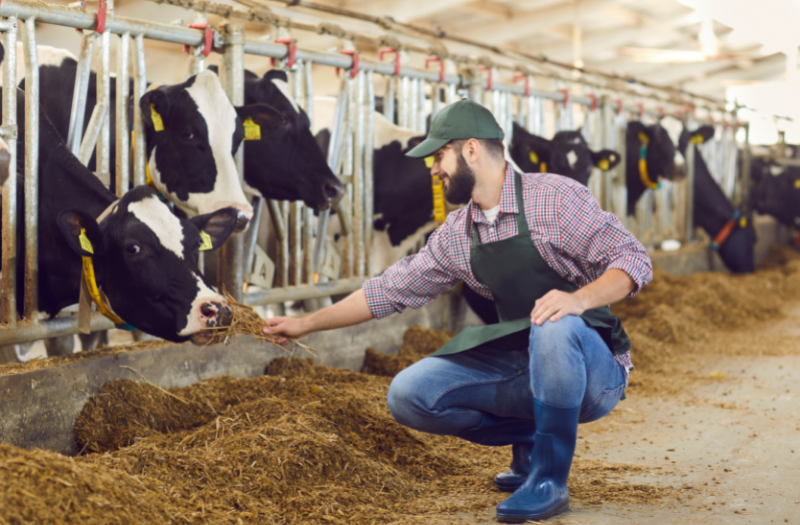Raising awareness of animal cruelty on farms is closely linked to the massive livestock production industry. Advocates have called for better conditions in factory farms, but the reality is that few laws exist to protect animals. At the same time, laws exist to protect the interests of agricultural companies, making the fight for animal welfare a complex battle.
According to the World Economic Forum, animals in the world today easily outnumber humans. Still, these animals live on factory farms intending to produce large quantities of meat, dairy, poultry, and eggs. To save on cost, industrial farm animals are cramped in small spaces where they are fed, grown, and injected with medicines to not catch diseases. It is estimated that 99% of all animals found in the US are confined in factory farms, with roughly 1.6 billion of them facing animal abuse.
Their suffering is our suffering
The harmful impact of factory farming on animals also affects human populations and the environment. A recent report from World Animal Protection reveals the hidden health impacts of industrial livestock production, pointing to government and citizens’ roles. As consumers and active citizens, here are five ways we can make a difference.
1. Buy meat from the local market
Livestock farming can be economically beneficial to our communities if we show adequate support. Taking the time to ask our local butcher, poultry seller, and restaurant owners about where they get their animal products can go a long way in convincing them that there’s value in ethical food production.
2. … or reduce meat consumption overall
Changing our eating habits is more effective when we do it with others. Not only does it help us stay on track and accountable, but it also gives us a positive experience that friends and family can look forward to. Starting with a “Meatless Monday” or following recipes for meal prep can help us reduce our meat consumption, which usually occurs when we think we don’t have many options.
3. Support the development of animal product alternatives
Huge investments are pouring into alternative protein companies for research and development. We gradually see these plant-based products in supermarkets, grocery stores, and online shops, all thanks to the work of activists and influencers who advocate for animal rights.
4. Adopt a vegetarian or vegan diet
Nowadays, finding a vegetarian, plant-based, or raw cookbook isn’t as difficult as it used to be. Doctors and nutrition experts have studied multiple kinds of diets according to patient needs, with reports of substantial benefits if we get our protein from vegetables and grains. However, going 100% vegan may not be the best for some people with chronic conditions or allergies, so understanding what our body needs are paramount to adopting an animal-friendly diet.
5. Volunteer at an animal advocacy nonprofit
Aside from helping raise funds and awareness on animal welfare, we can also help nonprofits educate others about the supply chain of factory farming. Even though humans are responsible for the bad practices in the industry, we should still practice compassion for those who are part of the broken system, like the animal farmers and slaughterhouse workers.
Transforming an industry to be more caring
The supply chain of factory farming is intensive and uses many natural and artificial resources. Whether it’s industrial crops or livestock, the way we eat creates a significant imbalance in our planet’s health. Improving the lives of billions of animals worldwide can also make our lives better, which gives us all the more reason to care about animal rights issues within our communities.
Sources:
https://thehumaneleague.org/article/factory-farming-animal-cruelty
https://www.centerforfoodsafety.org/issues/307/animal-factories/animal-factories-and-animal-welfare

